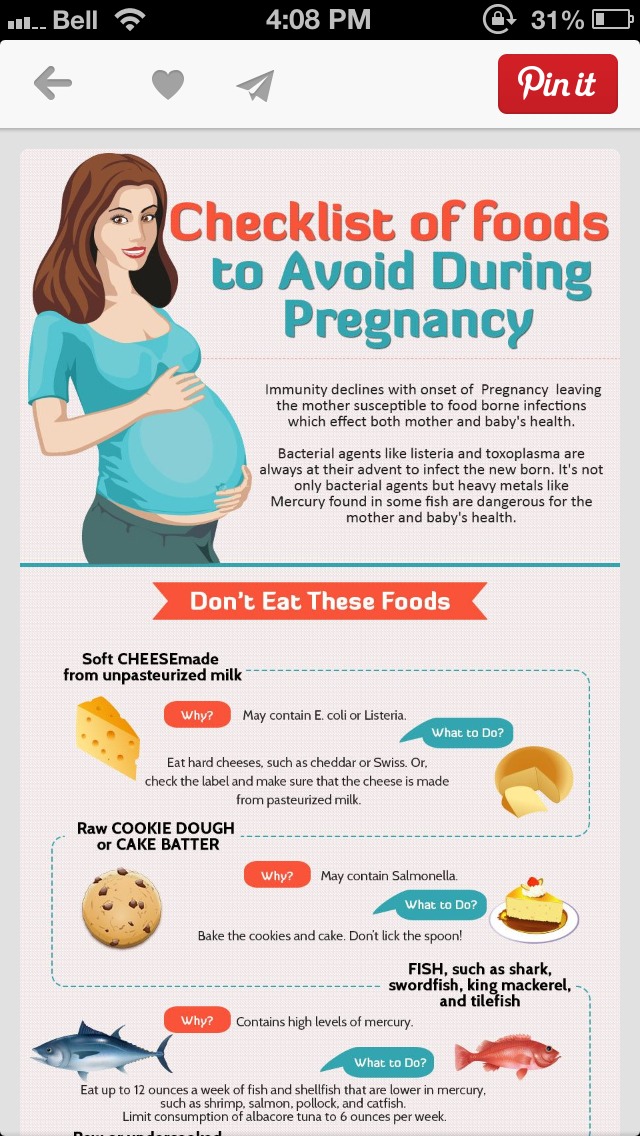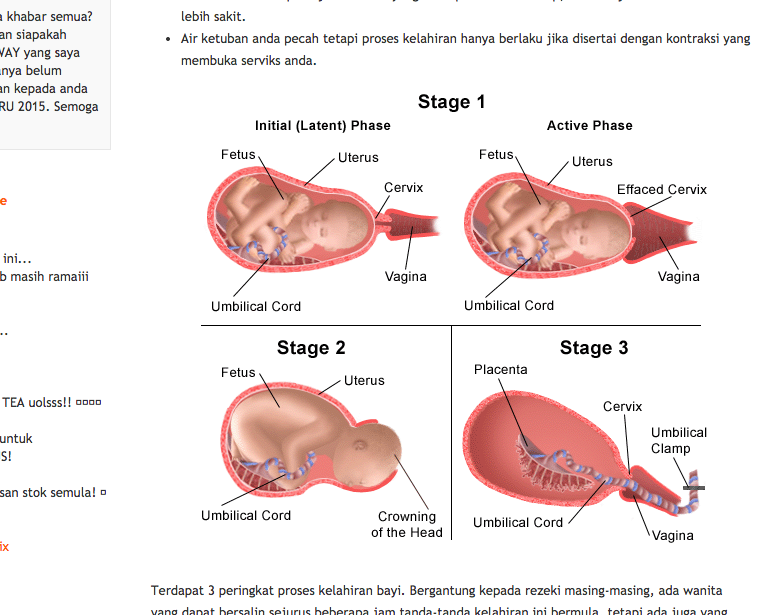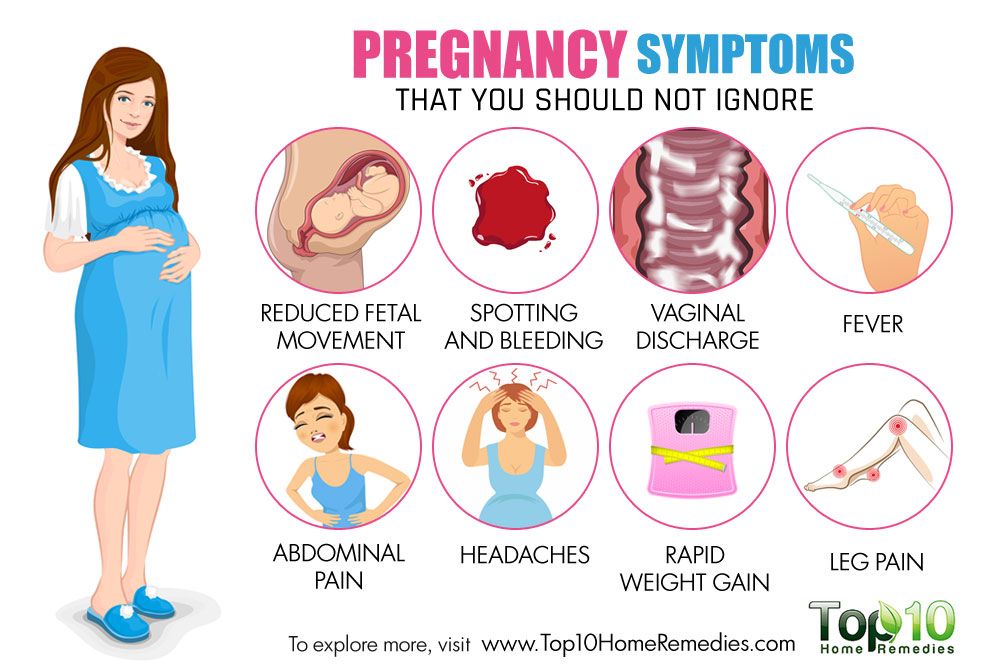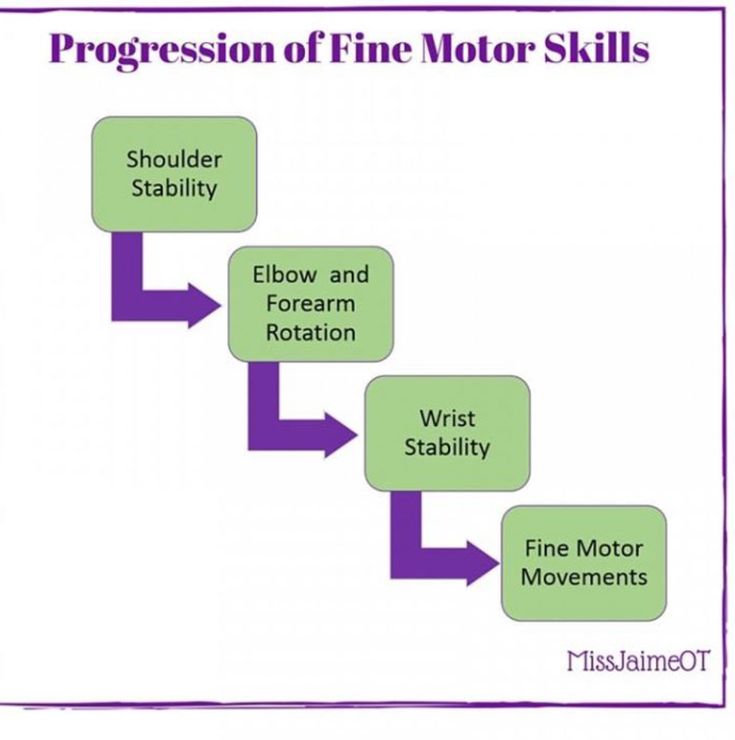Anxiety symptoms while pregnant
How can you manage anxiety during pregnancy?
Pregnancy is an exciting time. You will soon become a parent to an adorable, tiny human. You may expect to experience the rollercoaster of emotions during pregnancy, or emotions may catch you off guard. Some women feel joy at every flutter or kick, marveling at their changing bodies. For other women, pregnancy is hard, giving no reprieve as it brings severe fatigue, mood changes, and constant worries. You may notice that with every passing month, your thoughts are spiraling out of control, affecting your performance at work and your relationships at home. But how do you manage your anxiety, and should you treat it?
What causes anxiety during pregnancy?
Worries during pregnancy are universal. Hormonal changes of pregnancy, prior heartbreaking miscarriages, and sleep difficulties may all contribute to anxiety for mothers-to-be. You may worry about how a baby will affect your relationships with friends or family members, the health of your future child, the delivery experience, or the financial burden of an additional family member. All of these worries are completely normal. For humans, a certain amount of anxiety is protective; how else could we motivate ourselves to complete our work or run away from a bear?
What are the symptoms of anxiety disorders during pregnancy?
Although it’s normal to be worried about the health of your baby, in some cases this worry becomes debilitating and may require further attention. Thoughts about the health of the baby may become obsessive, even when doctors are reassuring. Worries may also appear as physical symptoms, such as a rapid heartbeat, difficulty breathing, or panic attacks. If this is the first time you experience a high level of anxiety, this may be frightening in itself. When anxiety starts to interfere with your day-to-day functioning, relationships, or job performance, it may be classified as an anxiety disorder — if your doctor picks up on it.
Anxiety can occur at any time during pregnancy, or it may first appear after delivery (perinatal anxiety is the term used for anxiety during pregnancy and after delivery). The rates of generalized anxiety disorder appear to be highest in the first trimester, likely due to hormonal changes. The most common symptoms of anxiety include constant worrying, restlessness, muscle tension, irritability, feeling dread, an inability to concentrate, and difficulties falling asleep due to worries. Some women also experience symptoms as a result of other anxiety disorders, including panic disorder, obsessive-compulsive disorder, or post-traumatic stress disorder.
The rates of generalized anxiety disorder appear to be highest in the first trimester, likely due to hormonal changes. The most common symptoms of anxiety include constant worrying, restlessness, muscle tension, irritability, feeling dread, an inability to concentrate, and difficulties falling asleep due to worries. Some women also experience symptoms as a result of other anxiety disorders, including panic disorder, obsessive-compulsive disorder, or post-traumatic stress disorder.
Unfortunately, two of the most common mental health screening tools in pregnancy (the Edinburgh Postnatal Depression Screen and Generalized Anxiety Disorder 7-item Scale) are not great at detecting anxiety in pregnancy. Although underdiagnosed, anxiety disorders during pregnancy and in the postpartum period are common, and may affect up to one in five women. Many women suffer in silence.
What are the effects of untreated anxiety on the fetus?
When thinking about management of anxiety, it is important to consider both the risks of treatment as well as the harms of untreated anxiety. Although less studied than depression, research suggests that anxiety may negatively affect both the mother and the fetus. Anxiety increases the risk for preterm birth, low birthweight, earlier gestational age, and a smaller head circumference (which is related to brain size).
Although less studied than depression, research suggests that anxiety may negatively affect both the mother and the fetus. Anxiety increases the risk for preterm birth, low birthweight, earlier gestational age, and a smaller head circumference (which is related to brain size).
What are some treatments for anxiety during pregnancy?
Fortunately, there are many treatments that can reduce anxiety during pregnancy and help you feel better. For many women, anti-anxiety medication is not an option during pregnancy, as there is little information on the safety of such medication on the fetus. Some women who had previously taken medications for anxiety may wish to discontinue medications during pregnancy for personal reasons.
Therapies such as cognitive behavior therapy (CBT) demonstrate promise in the peripartum period (the period shortly before, during, and after giving birth). CBT focuses on challenging maladaptive thoughts, emotions, and actions, and it uses anxiety management strategies such as diaphragmatic breathing (adapted to pregnancy).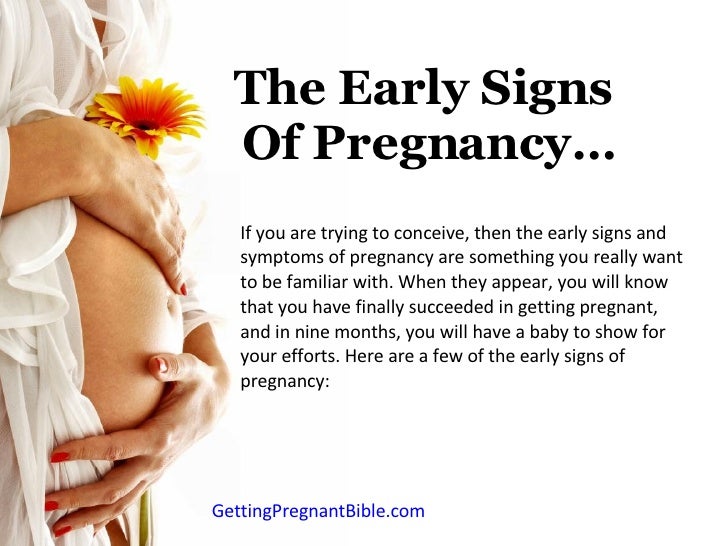
If your anxiety is severe, medications may be an option for you. Selective serotonin reuptake inhibitors (SSRIs) are commonly prescribed for depression and anxiety during pregnancy and after delivery. It does not appear that SSRIs are associated with an increased risk of major congenital malformations. However, SSRIs may be associated with transient neonatal symptoms such as jitteriness, tremor, crying, and trouble feeding, which resolve on their own in a few days.
The use of benzodiazepines such as lorazepam (Ativan) and alprazolam (Xanax) during pregnancy has long been a controversial topic. Although older studies showed an association between their use and an increased risk for cleft lip and palate, a more recent study looking at benzodiazepine use during pregnancy did not show this link when these medications were used alone (although there may be an increased risk when combined with antidepressants).
What else helps anxiety during pregnancy?
- Engage in regular physical activity.
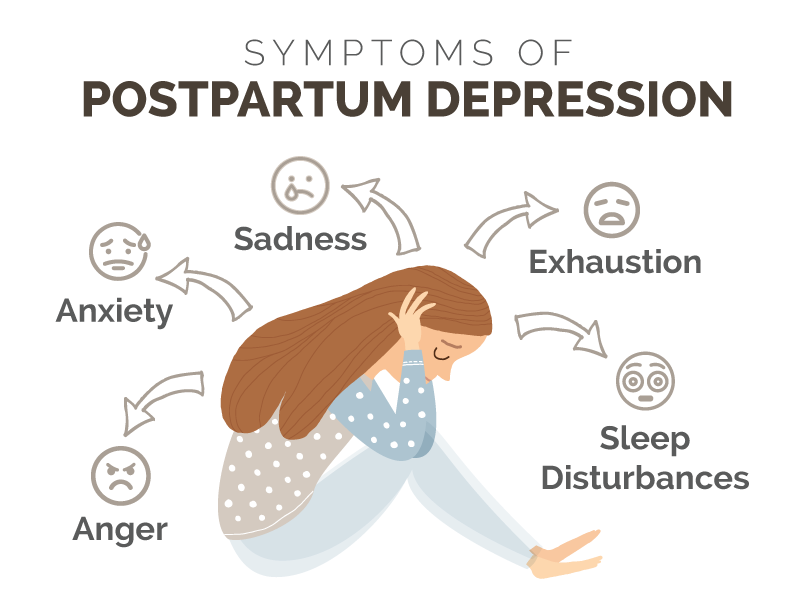 In general, it is safe to engage in physical activity during pregnancy. However, if you are at risk for preterm labor or have pregnancy complications, consult with your doctor first.
In general, it is safe to engage in physical activity during pregnancy. However, if you are at risk for preterm labor or have pregnancy complications, consult with your doctor first. - Ensure adequate sleep. Whether it’s a calming bedtime routine, pregnancy pillow, or a few nights in a bed away from your snoring partner, now is the time to learn what works for your sleep.
- Practice mindfulness. Research shows that mindfulness may reduce worries about labor, and it may even prevent postpartum depression.
- Journaling. Writing about your worries may help you brainstorm potential solutions, and it allows you to reflect on your concerns.
- Schedule worry time. We often worry because we do not want to forget something. Setting aside 30 minutes toward the end of the day provides you with a time to worry productively, but it frees you from holding onto your worries the rest of the day (practice reminding yourself "I’ll get to these thoughts later").
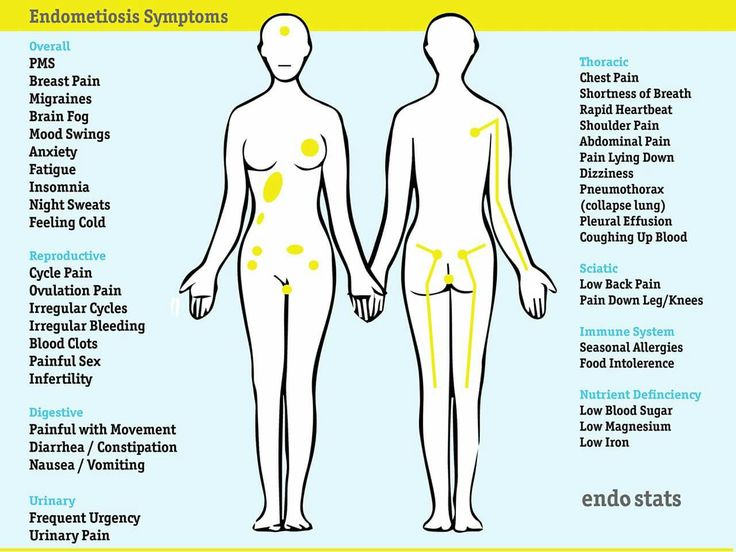
- Yoga, massage, meditation, and acupuncture. Finding relaxation techniques that work for you may take some experimentation — but their benefits will continue even after the baby arrives.
Recognizing Anxiety During Pregnancy - Anxiety Canada
Pregnancy is an emotional time, and anxiety is just one of many feelings that pregnant women experience. A moderate amount of new fears and worries is normal and expected during this time of change. If you are experiencing quite a bit of anxiety, it can be helpful to first learn more about what anxiety is, and how it can show up during pregnancy.
“Late in my pregnancy I feel so panicky all the time, my heart feels like it is always racing and I can’t even take deep breaths. I’m so scared to have another panic attack, I barely want to leave the house.” – Susan
“I know it’s not rational but since I’ve become pregnant I keep having this constant sense of dread.
Like something terrible is going to happen to my husband, and I will be left alone and pregnant. I text him several times a day to reassure myself he’s okay, but it doesn’t make me feel better for very long. I just hate being alone now.” – Anjali
What is Anxiety?
Anxiety is a natural, adaptive response we experience when we feel unsafe or threatened. We can experience many kinds of “threats” to the safety of ourselves and/or our loved ones. Sometimes we are anxious about something specific (e.g., waiting for the results of a diagnostic test). Some threats feel more vague, like a general sense that something bad will happen. We may also experience anxiety to a threat we are imagining in our heads, like picturing a loved one getting into an accident.
We can experience anxiety in these areas:
- In our bodies (increased heart rate, sore stomach, tight chest and throat, shallow breathing, loss of appetite, difficulty falling or staying asleep, etc.
)
- In our mind (racing thoughts about the future; imagining the worst-case scenario; ruminating; worrying and obsessing, etc.)
- In our actions or behaviours (avoiding certain situations, activities, places, or people; over-controlling; asking others for constant reassurance; checking things repeatedly; being extra careful and vigilant of danger, etc.)
Other possible signs of anxiety during pregnancy:
- loss of appetite
- difficulty sleeping
- irritability
- muscle tension (grinding teeth, neck and shoulder pain, back pain, muscle twitching)
- difficulty concentrating and focusing
- forgetfulness
How common is anxiety during pregnancy?
Anxiety is very common during pregnancy, and by some measures even more common than depression. Factors that could increase the chances of experiencing high anxiety during pregnancy include:
- history of high anxiety and/or depression
- perfectionism (believing you should not make any mistakes and do everything just right)
- history of miscarriage(s)
- high-risk pregnancy
- major life stressors (such as marital or financial problems)
Anjali’s Story
Anjali is a 28-year-old married woman in her second trimester of pregnancy.
Read more about this story
Susan’s Story
Susan is a 36-year-old mother in her third trimester of pregnancy. She also has a five-year-old son, Jacob.
Read more about this story
Warning signs during pregnancy - CGP on REM city polyclinic No. 11
We discuss the most pressing issues of pregnancy management in the classroom at the Young Mother's School and invite our women to an active constructive dialogue.
Schools are held in the format of an interactive conversation, we invite you to ask questions to the doctor, get comprehensive advice on planning and managing pregnancy, contraception and women's health. Our obstetrician-gynecologists are ready to do everything possible for a comfortable pregnancy, however, we hardly get feedback from our women. nine0003
Ladies, Women's Health Schools are held every Thursday from 13.00 to 14.00.
First trimester warning signs that require medical attention:
- vomiting more than 8-10 times a day
- bleeding from the genital tract
- severe pain in the abdomen or side.
- The pain may be dull at first and then begins to increase.
Physiological changes during pregnancy that do not require special treatment:
- nausea
- change of taste
- appearance or darkening of pigment spots on the skin
- soreness of the mammary glands.
There are three trimesters during pregnancy. The first trimester corresponds to the first three months of pregnancy, the second - the period from 4 to 6 months of pregnancy,
Signs that require immediate medical attention in the second trimester of pregnancy:
- persistent or severe headache
- blurred vision or flickering of dark dots ("flies") before the eyes
- noticeable or sudden onset and rapidly increasing edema
- bleeding from the genital tract
- severe persistent abdominal pain
- persistent vomiting
- no fetal movement within 24 hours
- profuse watery vaginal discharge (amniotic fluid rupture)
You should know and seek immediate medical attention if you develop any of the following symptoms in the third trimester of pregnancy:
- bleeding from the genital tract
- profuse watery vaginal discharge (amniotic fluid discharge)
- persistent or severe headache
- blurred vision or flickering of dark dots ("flies") before the eyes
- fever up to 38C or more nine0013 severe abdominal pain
- weakening or absence of fetal movements
- contractions at intervals of 5-10 minutes.
Signs that urgently need to seek medical attention in the postpartum period:
- profuse bleeding (you have to change several pads per hour), bright red or with clots
- purulent, foul-smelling discharge from the genital tract, severe pain in the lower abdomen nine0013 increase in body temperature up to 38 C or more
- soreness, discharge in the area of the postoperative suture on the anterior abdominal wall or in the perineum
- engorgement, soreness, redness of the mammary glands.
#gynecologist #GP11 #obstetrician_gynecologist #school_health #pregnancy #alarm_signs_of_pregnancy #symptoms
Warning signs during pregnancy - Medpark
Pregnancy is a physiological condition that involves certain changes in a woman's body. Sometimes these changes can be perceived pathologically. Moreover, a pregnant woman, due to the characteristics of the immune system during pregnancy, is more susceptible to infections, and this can also affect the health of the fetus, which means it can lead to premature birth. For these reasons, national programs are being developed to periodically assess the health status of pregnant women, as well as to prevent and diagnose any possible complications early, in order to provide prompt and prompt assistance if necessary. nine0003
In obstetrics, time has been and remains the most valuable resource. Late diagnosis of pathology makes it impossible to act, resolve or change anything in the patient's treatment formula. When a pregnant woman notices symptoms that bother her, self-medication is strictly prohibited, therefore, a pregnant woman is advised to immediately contact an obstetrician-gynecologist when she considers it necessary.
The first trimester of pregnancy is important and confirming
The period when both the pregnant woman and the family doctor / obstetrician-gynecologist must be sure that the pregnancy has occurred and the embryo is developing well. Until 12 weeks, the embryo is "tested" by the pregnant woman's immune system, which tests the embryo to see if it is completely healthy and can continue its natural evolution. The vast majority of abortions that occur in the first trimester are due to the fact that the embryo does not have a healthy genetic development, the so-called natural selection takes place. nine0003
During this period, one of the most important warning signs should be paid attention to:
- Bleeding from the birth canal in any form is the first warning sign that should make a woman see a doctor. Before 12 weeks of pregnancy, no medical treatment is indicated without ultrasound.
- Nausea and vomiting are natural symptoms for about 80% of pregnant women, but if a woman cannot even tolerate water, and the number of vomiting increases to dozens, there is a risk of dehydration, so a doctor should be consulted. It is obvious that a pregnant woman during this period does not even receive enough food, but the most dangerous thing for the human body is not a lack of food, but dehydration. There are medications available to ease vomiting and improve hydration. nine0014
- Body temperature over 38 degrees is a symptom to be monitored throughout pregnancy.
- Frequent urination is somewhat natural for a pregnant woman (due to the proximity of the enlarged uterus due to pregnancy and the bladder), but urination should in no case be accompanied by tingling and pain.
The second trimester of pregnancy is the optimal time for a pregnant woman to be registered
Make sure the pregnancy is evolving. If we refer to the national pregnancy monitoring program, it is recommended that the woman begin the formalities at the beginning of the 12th week of pregnancy. At 18-20 weeks, the first movements appear. Mom is convinced that everything is fine, the fetus is developing well. Although there are several sources of information that provide different checkpoints for monitoring the progress of a pregnancy, every pregnancy is different. The second trimester is not without risks, so the list of warning signs for this period is as follows:
- The passivity of the fetus is considered a warning sign, which one way or another can be appreciated by the mother on an intuitive level.
If it seems to you that you have not felt any movement of the fetus all day, then a visit to the doctor should not be postponed. With the help of ultrasound or fetal cardiac monitoring, the condition of the fetus can be quickly assessed.
- The appearance of edema (on the arms, legs, under the eyes, on the face) is a serious symptom that indicates possible preeclampsia. With the help of laboratory tests, dynamic analysis, ultrasound, the doctor will be able to assess the presence of edema as a norm or as a manifestation of preeclampsia. nine0014
- Severe headache (in the neck) associated with vomiting or blurred vision may also indicate preeclampsia. At the same time, headaches can be caused by overwork, so the doctor needs to properly assess the cause of these symptoms.
- High blood pressure is a warning sign that should not be overlooked. As a rule, during pregnancy, fatigue and headaches should be controlled by measuring blood pressure values. Therefore, it is recommended to have a blood pressure monitor at home.
If you find values higher than 140 over 9 in your measurements0 mmHg Art. see a doctor immediately. Pressure is measured in complete physical and emotional rest. Sometimes, with high blood pressure, it is recommended to call an ambulance at home.
In the third trimester of pregnancy, starting at 28 weeks or more, there is a risk of preterm birth
Early recognition of the warning signs of this period will reduce the risk of preterm birth:
- Uterine contractions associated with stomach pain, kidney pain, back pain , such as pain during menstruation, are signs that you need to urgently report to your doctor. nine0014
- Leaking amniotic fluid is another sign to see a doctor. It may even lead to hospitalization.
- Anxiety, emotional instability and mental disorders associated with your condition during pregnancy are conditions that should not be neglected. See a psychologist or psychiatrist. Specialists will help you overcome these conditions, which at first glance, in your opinion, are insurmountable.

